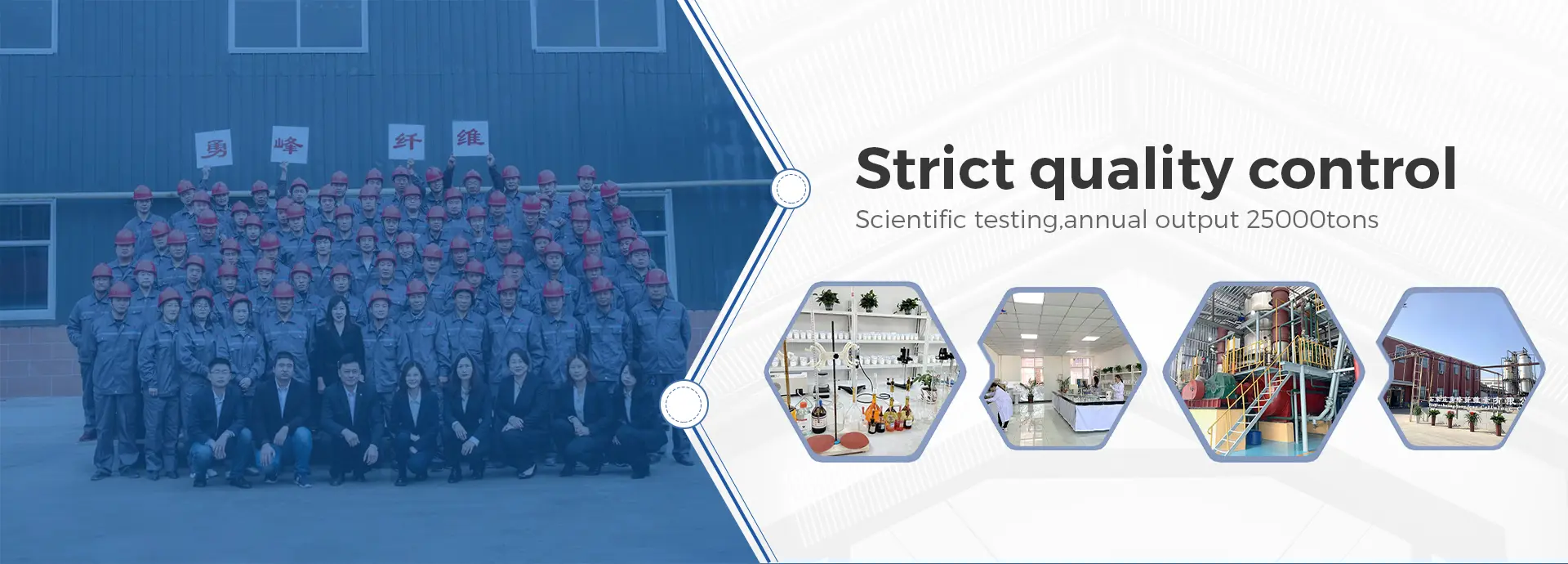The Role of Tylose in Modern Science and Industry
Tylose, also known as methylcellulose or hydroxypropyl methylcellulose (HPMC), is a cellulose derivative that has found extensive applications across various fields, including food, pharmaceuticals, cosmetics, and construction. Its unique properties have made it an invaluable substance in both research and commercial applications. This article explores the characteristics of tylose, its uses, and its significance in modern science and industry.
Characteristics of Tylose
Tylose is soluble in cold water, making it an excellent thickening, binding, and stabilizing agent. Its chemical structure consists of linear chains of glucose units that have been modified to improve solubility and functionality. The degree of substitution (the number of hydroxyl groups replaced by methoxy or hydroxypropoxy groups) determines the properties of tylose, such as viscosity and gel-forming abilities. The ability of tylose to form films and gels under specific conditions is pivotal, particularly in food applications and pharmaceuticals.
Applications in the Food Industry
In the food sector, tylose is widely used as a thickener and stabilizer in products such as sauces, dressings, and dairy products. Its role in preventing separation and enhancing texture is crucial for maintaining product quality and extending shelf life. Additionally, tylose is utilized in gluten-free and vegan products as a substitute for eggs and flour, enabling the creation of textures that mimic traditional baked goods. This has become particularly important in a market that increasingly emphasizes health-conscious eating and dietary restrictions.
Tylose in Pharmaceuticals
The pharmaceutical industry also benefits significantly from tylose. It is commonly used in the formulation of tablets and controlled-release medications. Its biphasic properties allow for the modification of drug release rates, making it possible to design medications that act over extended periods. Moreover, tylose serves as a suspending agent and stabilizer in liquid formulations, ensuring the consistent delivery of active ingredients. Its biocompatibility and non-toxic nature further enhance its suitability for medicinal applications.
tylose

Use in Cosmetics and Personal Care
The versatility of tylose extends to the cosmetics industry, where it is employed in various formulations such as lotions, creams, and gels. Its ability to enhance texture, provide moisture, and stabilize emulsions makes it a popular choice among cosmetic chemists. Tylose can also act as a film-forming agent, providing a protective barrier that helps retain skin hydration while delivering active ingredients effectively.
Construction and Building Materials
In the construction sector, tylose plays a critical role as an additive in tile adhesives, plasters, and paint. Its water retention properties allow for extended workability time, enabling contractors to work efficiently during application. Tylose enhances the adhesion of materials and improves flexibility, which is particularly beneficial in environments subject to movement and stress. The incorporation of tylose into building materials contributes to the overall lifespan and durability of structures.
Environmental Aspects and Sustainability
Another significant aspect of tylose is its potential for sustainability. As a plant-based derivative, tylose offers an alternative to synthetic polymers, aligning with the growing trend toward environmentally friendly materials. Research is ongoing to enhance its biodegradability, further minimizing environmental impact. The move toward sustainable practices across industries highlights the importance of incorporating natural, biodegradable substances like tylose.
Conclusion
Tylose represents a remarkable example of how a single compound can permeate various sectors, from food production to pharmaceuticals, cosmetics, and construction. Its unique properties make it an essential ingredient for creating high-quality products that meet consumer demands for effectiveness and sustainability. As research continues to unveil new applications and improve the characteristics of tylose, its significance in modern science and industry will undoubtedly grow, contributing to innovations that enhance our quality of life. Through its versatility and utility, tylose stands as a testament to the profound connections between chemistry, technology, and everyday life.
-
Rdp that The Revolutionary Polymer Powder Transforming Modern Construction MaterialsNewsAug.11,2025
-
Hpmc Powder that Versatile Additive for Detergents and Personal CareNewsAug.11,2025
-
Hpmc Hydroxypropyl Methylcellulose that Essential Building Material Additive from Shijiazhuang Gaocheng YongfengNewsAug.11,2025
-
Hydroxypropyl Methyl Cellulos Hpmc that Essential for Construction ApplicationsNewsAug.11,2025
-
Mhec Powder that Revolutionizing Construction Chemistry with Cellulose Ether SolutionsNewsAug.11,2025
-
Industri Hpmc that The Global Backbone of Advanced ConstructionNewsAug.11,2025




